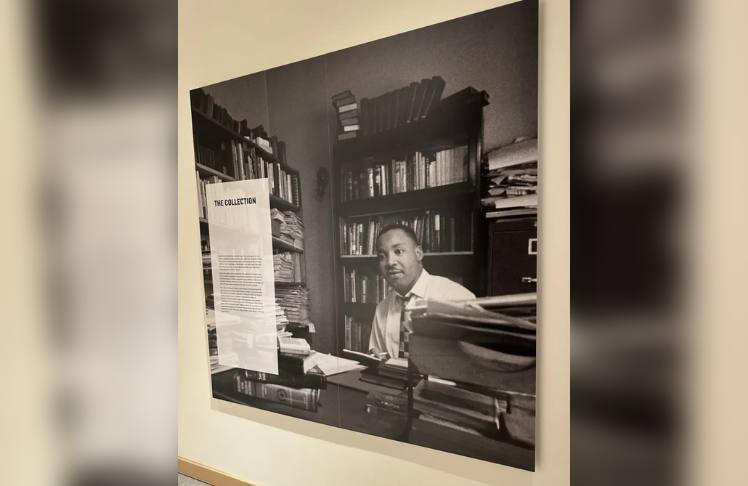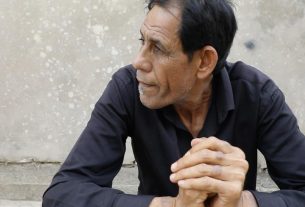By Donnell Suggs
The National Center for Civil and Human Rights located in the heart of downtown and only blocks from Dr. Martin Luther King’s childhood home will display the special exhibition of documents, speeches, and photos from the March on Washington for Jobs and Freedom.
The exhibition of the documents from The Morehouse College Martin Luther King, Jr. Collection, Now is the Time: Remembering the Legacy of the March on Washington for Jobs and Freedom, is a collaboration between the center and Morehouse College, the owners of the documents, and the Atlanta University Center Robert W. Woodruff Library, which is home to the documents.
The National Center for Civil and Human Rights Director of Exhibitions Lance Wheeler believes though many have heard of the legendary march and seen footage of that day, visitors will enjoy reading and seeing the authentic and original pieces of history. Photos are not allowed to be taken while inside the exhibit.
“The idea of this collection is to really give you a snapshot of the day,” said Wheeler, 31 of August 23, 1963 when more than 250,000 people convened at the National Mall in Washington, D.C. “I really wanted to focus on the people, the planning and the logistics.”
Brochures, flyers, notes and maps of the march route are on display. Most interestingly, visitors to the exhibit will see copies of speeches from civil rights icons and supporters such as former New York City NAACP Executive Secretary Roy Wilkins, Rabbi Joachim Prinz, and Whitney M. Young.
Among the documents that will get a heavy dose of attention from visitors will be an original hand-edited copy of what is now known as the “I Have A Dream” speech. Dr. King’s scribbles and edits through the document in blue ink transport viewers back to that podium where he gave the speech that, in parts, might be the most well-known speech in American history.
The speech was originally titled, “Normalcy Never Again,” and Dr. King famously improvised the focus of the text, forever changing American history in the process. “I think the archival collection really humanizes these civil rights icons that we all know,” said Sarah Tanner, head of archives research at the Atlanta University Center Robert W. Woodruff Library. “We see the notes, the corrections, and glimpses behind the scenes.”
“It humanizes them and makes them accessible,” added Tanner.
‘There’s magic behind this Collection,” says Wheeler. “I’m reminded every time I look at the documents. I’m reminded that Dr. King was also a man trying to navigate the American system.” Wheeler said Dr. King’s ability to adapt was one of his superpowers, but yet made him more human at the same time. “Even Superman is Clark Kent at times,”Wheeler joked.
The exhibition opens Friday at noon and will run through May.
This post was originally published on The Atlanta Voice.



